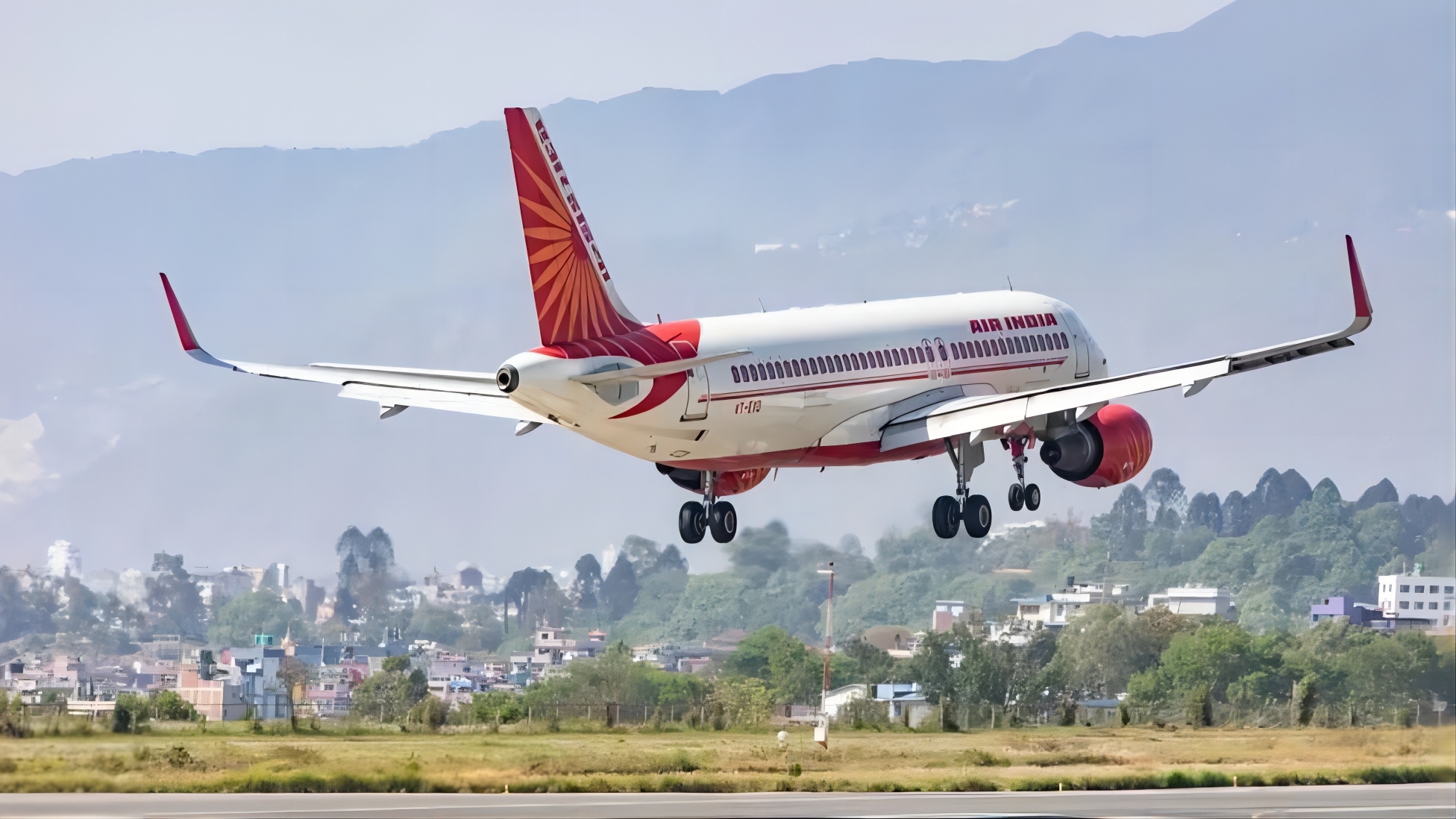
Chairman N Chandrasekaran said the airline had its sights set on becoming “a world-class proposition”.
He said the orders from Europe’s Airbus and US-based Boeing would modernise the airline’s fleet and help it to “dramatically” expand its network.
The first aircraft will go into service at the end of this year.
“Air India is on a large transformation journey,” Mr Chandrasekaran said in a statement announcing the deals. “This order is an important step in realising Air India’s ambition… to offer a world-class proposition serving global travellers with an Indian heart.”
Air India said it was looking to Airbus to supply 250 planes, and Boeing for another 220 jets to help catalyse its revival.
The orders come less than two years after the Indian government sold the airline to Tata Group, India’s largest conglomerate, which had founded the company in 1932.
Nationalised in 1953, the airline long preserved a reputation for being a top-tier carrier, with customers that included George Harrison and The Doors.
But competition ramped up in the 1990s and the firm started racking up losses after its 2007 merger with the state-owned domestic operator, Indian Airlines.
The company lost ground to rivals, such as IndiGo and Emirates, Qatar Airways, Etihad and other Middle Eastern carriers, which now handle much of the overseas travel to and from India.
These orders could change that, said aviation analyst Mark Martin, but the airline – which made its last aircraft purchase nearly 20 years ago – will face the challenge of rapidly modernising its operations, including software, maintenance and its systems for the new aircraft.
“If they are successful, they will take India’s uniqueness to the globe once again, after many years,” Mr Martin said.
Air travel in India has rebounded more quickly from the pandemic than in many other markets, fuelled by a fast-growing economy and an expanding middle class.
Boeing and Airbus expect that demand to continue to rise. The country’s economic and geopolitical importance has also increased as Western relations with China grow more uncertain and firms look for other markets to propel their growth.
French President Emmanuel Macron and Indian Prime Minister Narendra Modi appeared with the company in a press conference announcing the Airbus deal.
Mr Modi later wrote on Twitter that the orders reflected a “robust” relationship between India and France and would strengthen his country’s aviation industry.
Separately, US President Joe Biden hailed the “historic” Boeing order as a sign of a “deepening partnership” between the two countries, and one that would support more than a million jobs in the US.
UK Prime Minister Rishi Sunak also said the orders would help create 450 jobs in the UK, since the engines will be supplied by Rolls-Royce.
“By building trade ties with growing economic powers like India we will ensure UK businesses remain at the forefront of global growth and innovation,” he said in a statement.